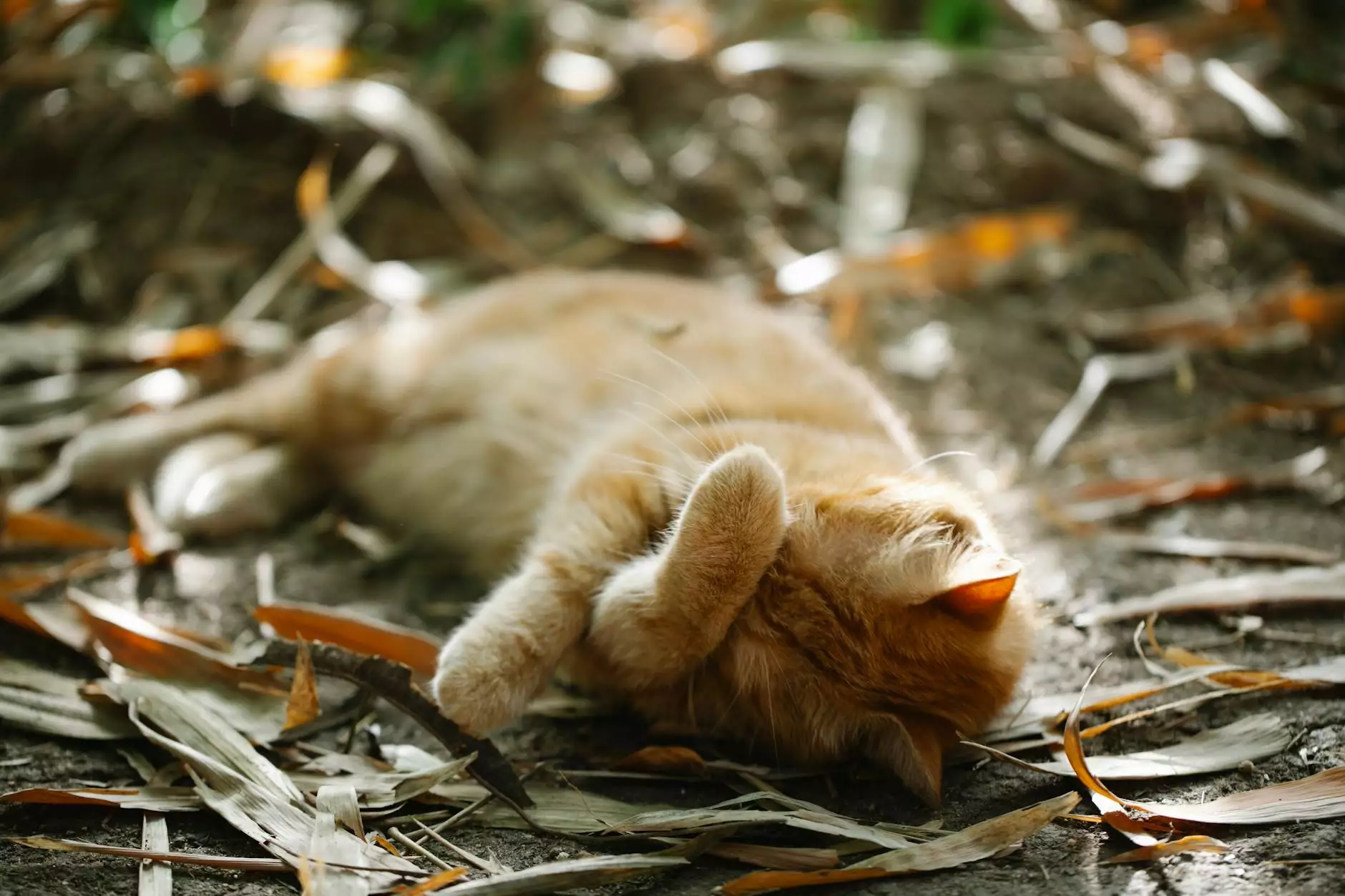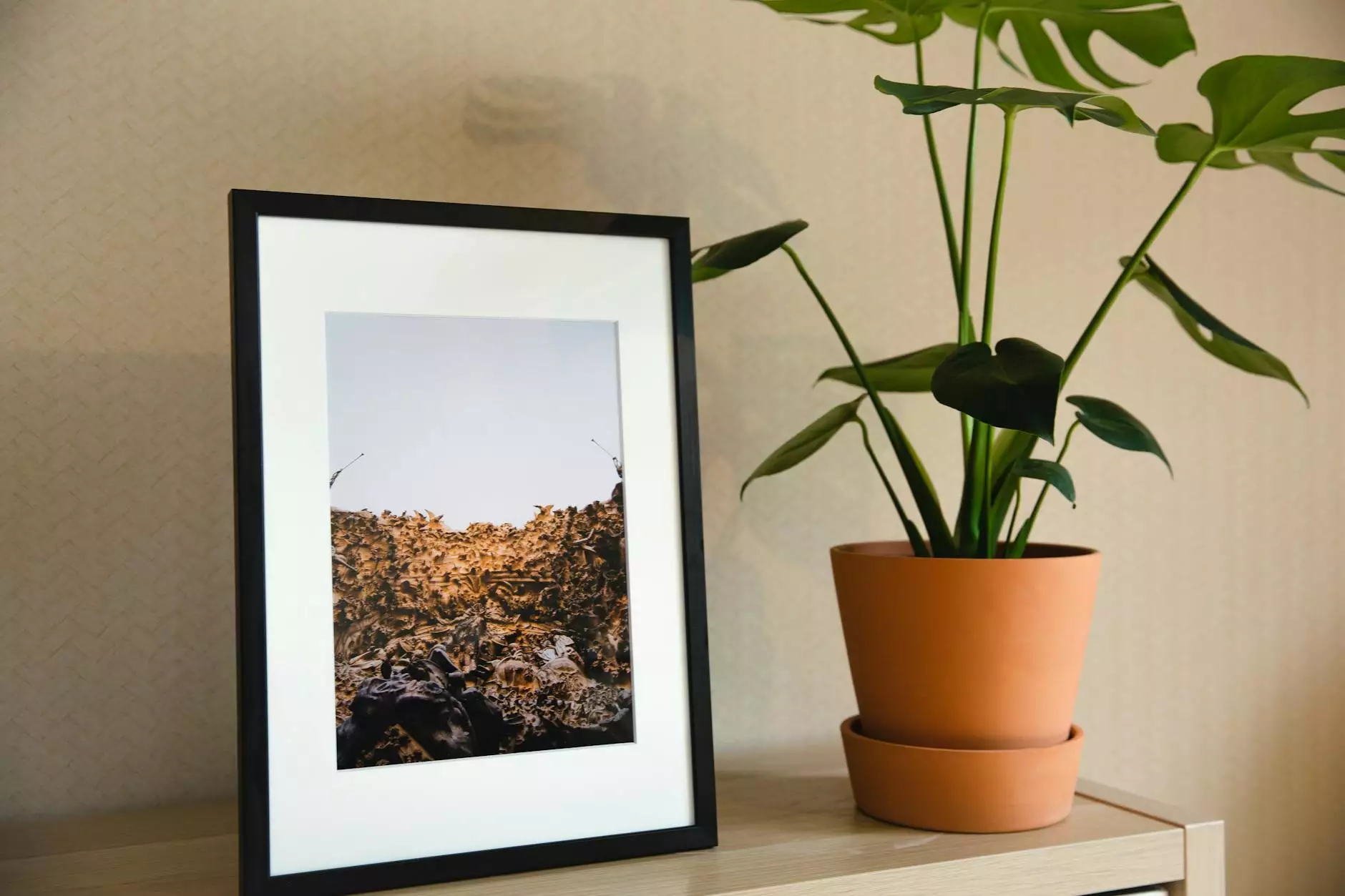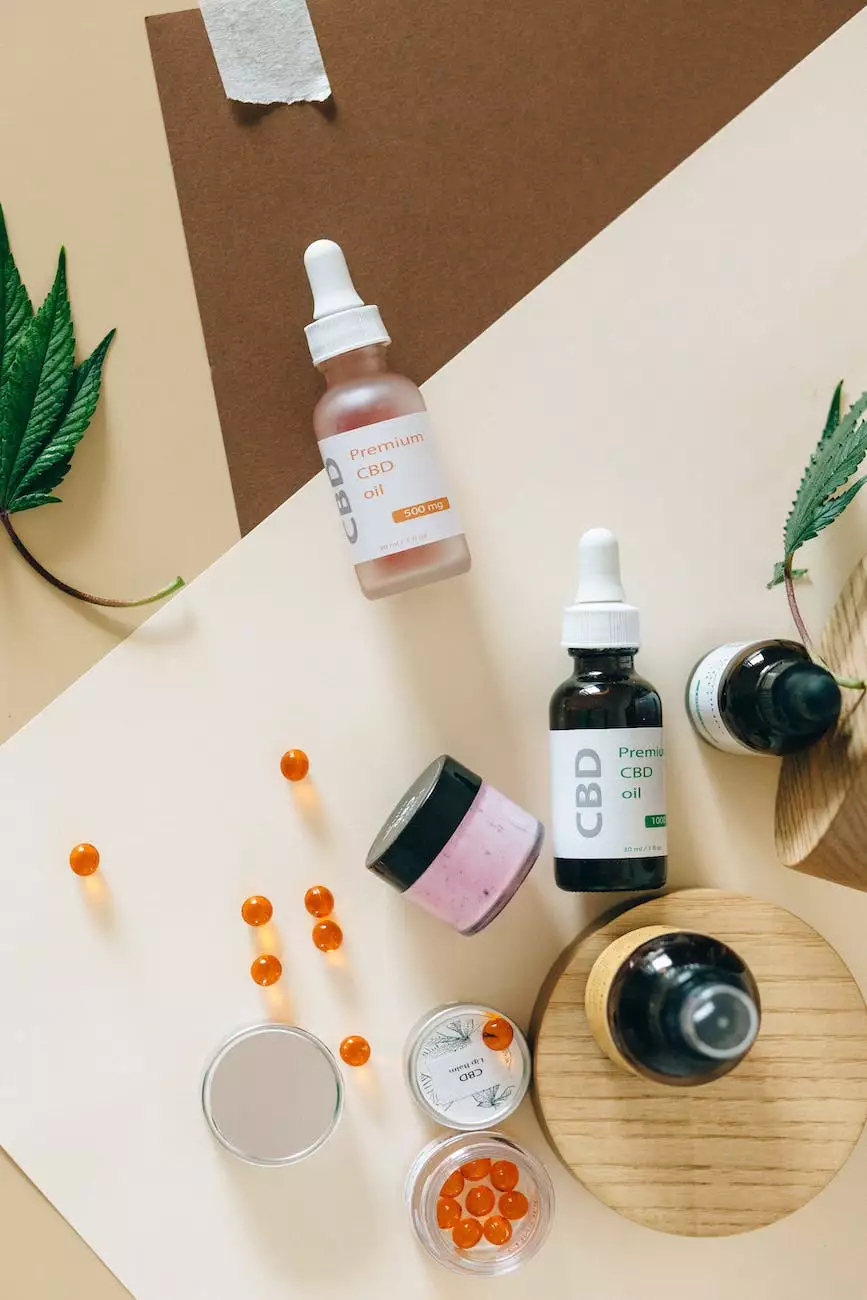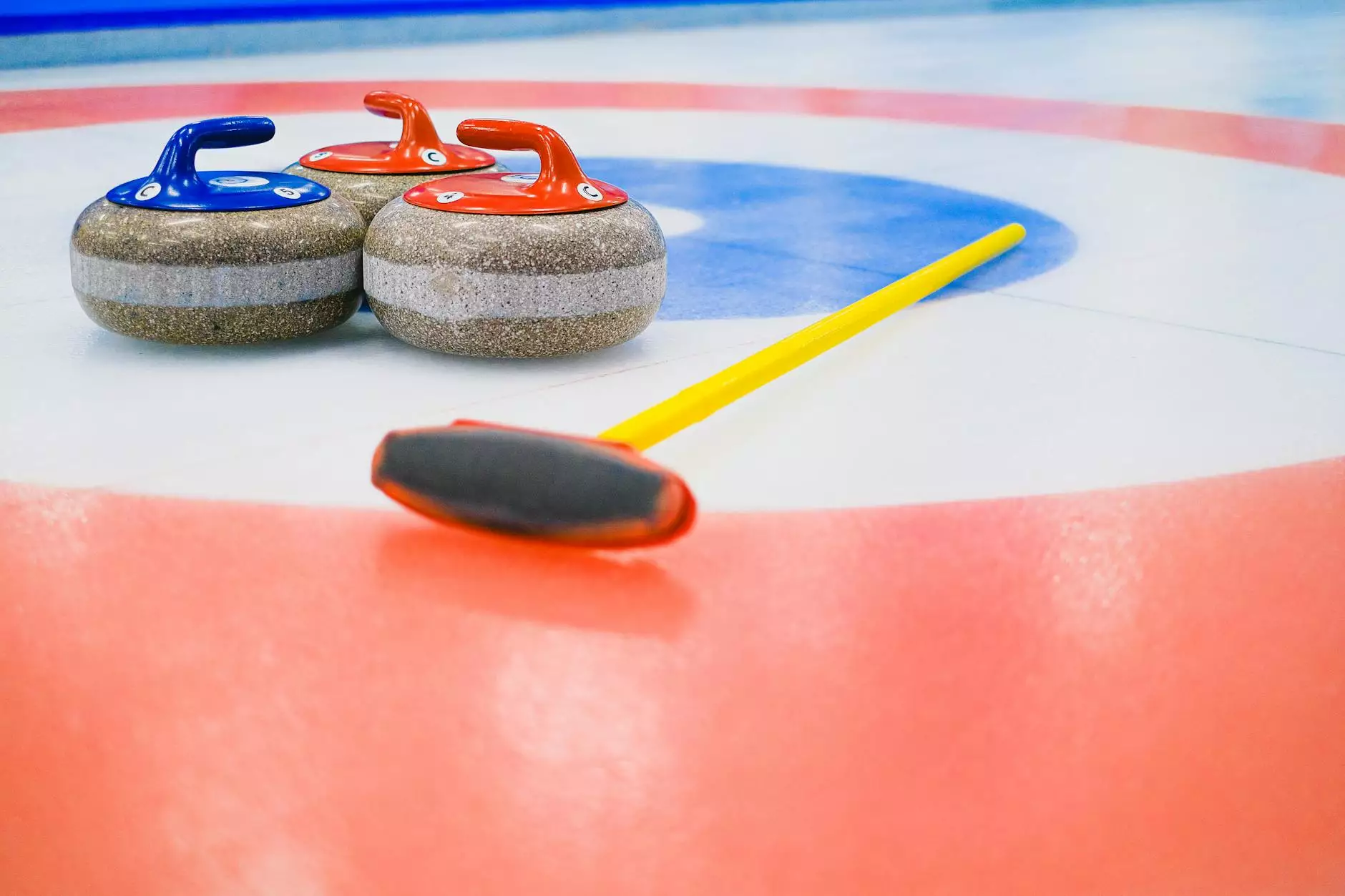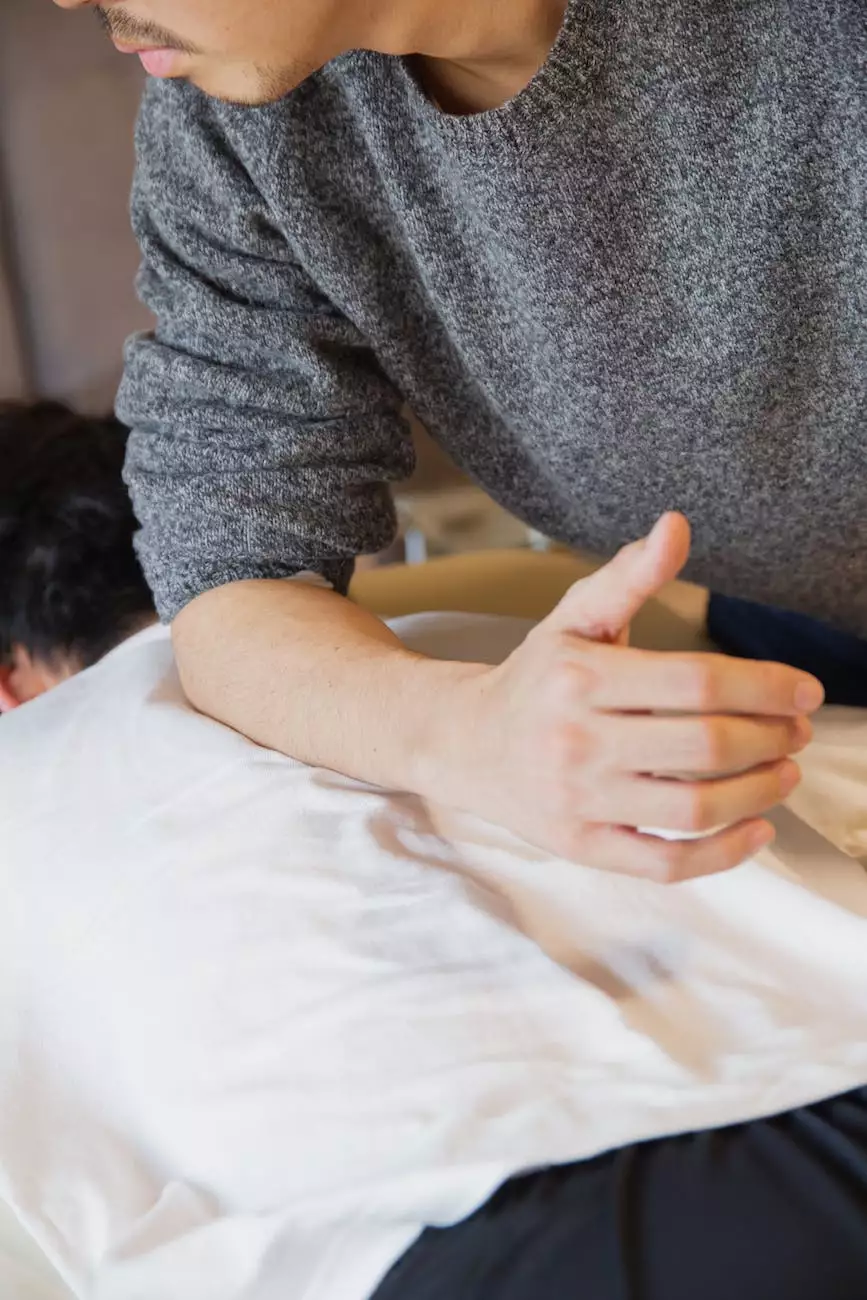Fungal Infections – Tinea (ringworm)
Naturopathic Medicine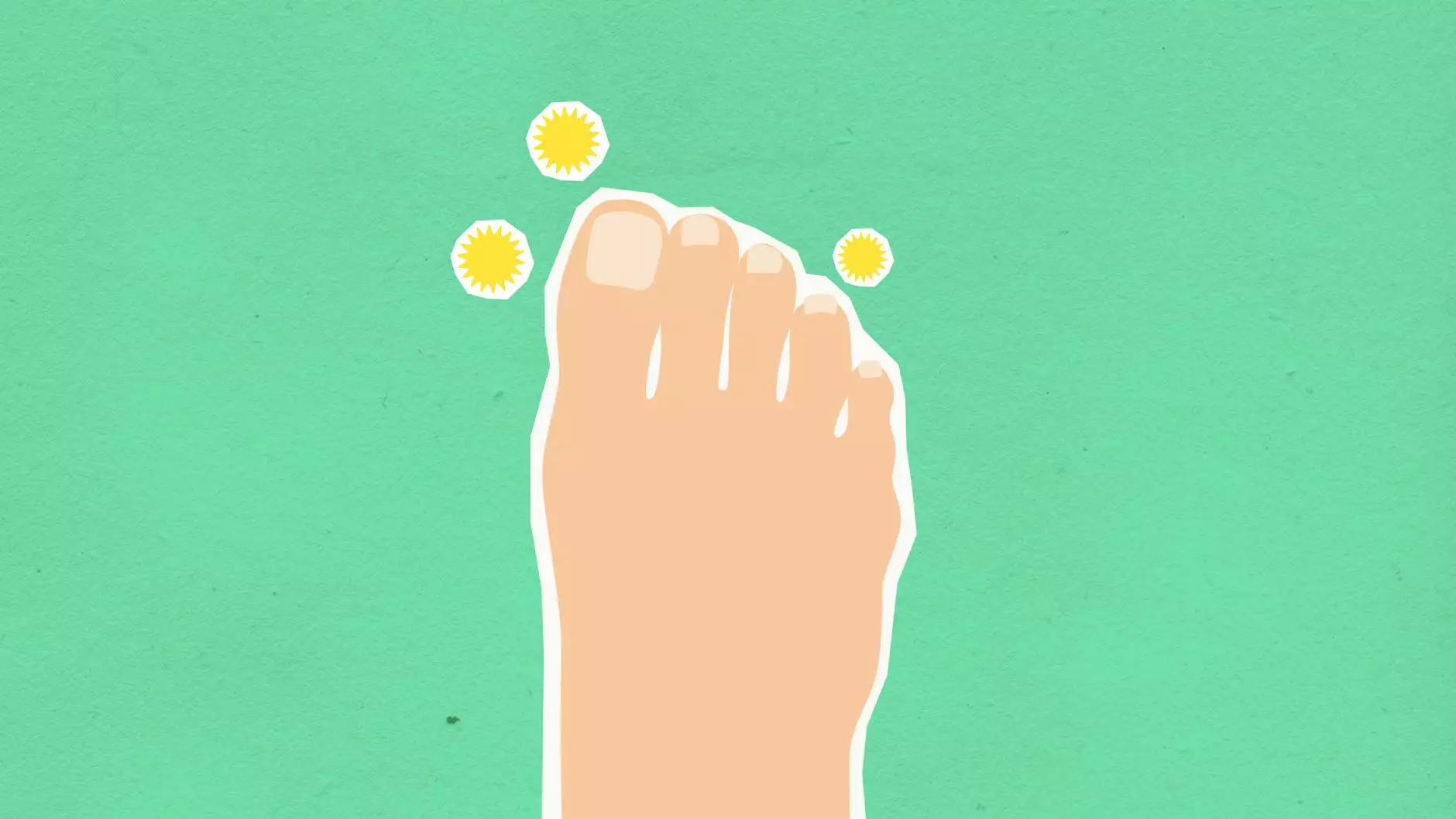
Welcome to Grimsby Naturopath at Rochester Holistic Center, your trusted source for holistic solutions and treatments for fungal infections. In this informative page, we will discuss in detail the various aspects of tinea, commonly known as ringworm, and provide you with comprehensive insights and effective remedies.
Understanding Tinea
Tinea, also referred to as ringworm, is a common fungal infection that affects the skin, scalp, and nails. Despite its name, ringworm is not caused by a worm, but rather by various types of fungi known as dermatophytes.
Ringworm can appear on any part of the body, causing red, itchy, and scaly patches that are usually ring-shaped (hence the name). It is highly contagious and can be spread through direct skin-to-skin contact, contaminated surfaces, or even from pets. It is important to seek appropriate treatment promptly to prevent its spread and alleviate discomfort.
Symptoms and Types
The symptoms of tinea can vary depending on the affected area. Here are some common types of tinea infections:
Tinea Corporis
Tinea corporis typically affects the body, causing circular or oval-shaped rashes with raised edges. These rashes can be itchy, red, and scaly, often leading to discomfort and self-consciousness. Maintaining good hygiene and avoiding close contact with infected individuals can help prevent the spread of tinea corporis.
Tinea Cruris
Tinea cruris, also known as jock itch, primarily affects the groin and inner thighs. It often presents as a red, itchy rash with a well-defined border. This condition is more common in males and can be aggravated by sweating and tight clothing. Keeping the affected area clean and dry is crucial for managing tinea cruris.
Tinea Pedis
Tinea pedis, commonly known as athlete's foot, affects the feet, particularly the spaces between the toes. It can cause itching, burning, peeling, and even painful blisters. Tinea pedis thrives in warm and moist environments, such as sweaty socks and shoes. Practicing good foot hygiene and wearing breathable footwear can help prevent and manage this condition.
Tinea Capitis
Tinea capitis predominantly affects the scalp, particularly in children. It can lead to hair loss, scaly patches, and even swollen lymph nodes. Tinea capitis spreads easily from person to person, especially in crowded environments such as schools. Prompt diagnosis and appropriate treatment are crucial in managing tinea capitis.
Treatment Options
At Grimsby Naturopath, we offer holistic treatment options for tinea that focus on addressing the root cause of the infection and enhancing your body's natural defenses. Our treatments aim to not only alleviate symptoms but also prevent future recurrences. Here are some effective approaches:
Herbal Remedies
We harness the power of nature by utilizing specific herbs known for their antifungal properties. These herbs can help combat the fungal infection and promote healing of the affected areas. Our experienced naturopaths will recommend the most suitable herbal remedies tailored to your needs.
Dietary Adjustments
A healthy immune system is essential in fighting off fungal infections. Our naturopaths will provide personalized dietary recommendations to bolster your immune system and address any nutritional deficiencies. By incorporating immune-boosting foods and eliminating potential triggers, we can enhance your body's ability to ward off tinea.
Lifestyle Modifications
Preventing the recurrence of tinea requires certain lifestyle adjustments. Our experts will guide you on proper hygiene practices, including how to keep your skin clean and dry to inhibit the growth of fungi. We will also provide tips on avoiding potential sources of infection and maintaining a healthy environment.
Stress Management
Chronic stress weakens the immune system, making individuals more susceptible to fungal infections. At Rochester Holistic Center, we emphasize the importance of stress management techniques such as meditation, yoga, and breathing exercises. These practices help improve overall well-being and support your body's ability to fight off infections.
Prevention Tips
Preventing tinea infections is crucial not only for your own well-being but also for the well-being of those around you. Here are some helpful tips to reduce your risk:
- Practice good personal hygiene, including regular handwashing and avoiding sharing personal items such as towels and clothing.
- Keep your skin clean and dry, especially in areas prone to sweating and moisture.
- Avoid walking barefoot in public places, especially in locker rooms, swimming pools, and communal showers.
- Wear breathable clothing and shoes to prevent excessive sweating and create an unfavorable environment for fungal growth.
- Ensure your pets receive regular veterinary care and promptly address any signs of skin infection in them.
- Regularly disinfect and clean surfaces that may come into contact with fungi, such as gym equipment, shower floors, and mats.
Contact Us
If you or your loved ones are dealing with tinea infections, don't hesitate to reach out to Grimsby Naturopath at Rochester Holistic Center. Our experienced team is dedicated to providing holistic solutions that address the root cause of your fungal infections. Contact us today to schedule an appointment and embark on your journey towards optimal health and well-being.



